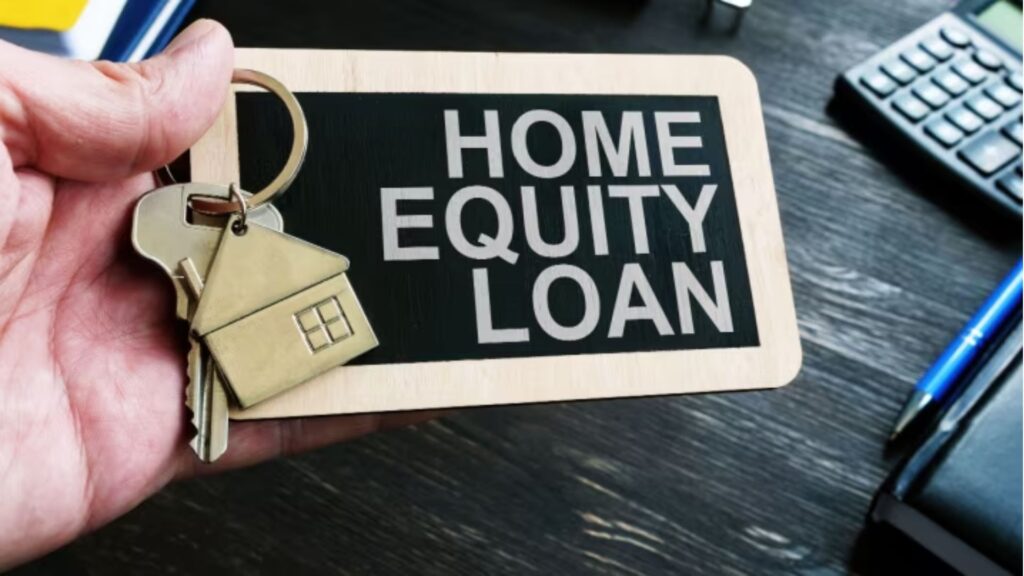Introduction to Equity Based Home Loans
In the realm of real estate financing, equity based home loans offer homeowners a unique opportunity to leverage the equity they have built in their properties. Whether it’s for renovations, debt consolidation, or other financial needs, tapping into home equity can provide a flexible and accessible source of funds.
Understanding Equity in Homes
What is Equity?
Equity represents the difference between the current market value of a property and the outstanding balance on any mortgage loans secured by it. Essentially, it’s the portion of the home that the homeowner truly owns outright.
How is Equity Calculated?
Equity is calculated by subtracting the amount owed on any mortgages or liens against the property from its current market value. For instance, if a home is valued at $300,000 and the homeowner owes $200,000 on their mortgage, their equity would be $100,000.
Types of Equity Based Home Loans
There are primarily two types of equity based home loans:
Home Equity Loans
Home equity loans allow homeowners to borrow a lump sum of money based on the equity they have in their property. These loans typically have fixed interest rates and fixed monthly payments over a specified loan term.
Home Equity Lines of Credit (HELOC)
HELOCs function more like a credit card, where homeowners can borrow against their equity as needed, up to a predetermined credit limit. The interest rates are often variable, and borrowers have the flexibility to draw funds multiple times during the draw period.
Pros and Cons of Equity Based Home Loans
Advantages
- Lower interest rates compared to other forms of borrowing
- Potential tax benefits on interest payments
- Flexibility in using funds for various purposes
Disadvantages
- Risk of losing the home if unable to repay the loan
- Closing costs and fees associated with the loan
- Fluctuating interest rates for HELOCs
Factors to Consider Before Opting for an Equity Based Home Loan
Before pursuing an equity based home loan, homeowners should carefully consider:
Financial Stability
Ensuring that they have a stable income and are capable of meeting the loan obligations.
Loan Terms and Conditions
Understanding the terms of the loan, including interest rates, repayment terms, and any potential penalties for early repayment.
Current Market Conditions
Being aware of prevailing interest rates and how they may impact the cost of borrowing.
How to Apply for an Equity Based Home Loan
The application process typically involves:
Documentation Required
Providing documentation such as proof of income, property valuation, and details of existing mortgage(s).
Approval Process
Undergoing credit checks and appraisal of the property to determine eligibility and loan amount.
Tips for Maximizing the Benefits of Equity Based Home Loans
Responsible Borrowing
Borrowing only what is needed and avoiding overleveraging.
Regular Payments
Making timely payments to avoid defaulting on the loan and risking foreclosure.
Monitoring Market Trends
Staying informed about changes in interest rates and home values to make informed financial decisions.
Risks Associated with Equity Based Home Loans
Fluctuating Interest Rates
For HELOCs, the variable interest rates can increase over time, leading to higher monthly payments.
Potential for Foreclosure
Failing to repay the loan could result in the lender foreclosing on the property to recover their investment.
Case Studies: Success Stories and Cautionary Tales
Examples of Successful Equity Based Investments
Highlighting instances where homeowners have used equity based loans to achieve financial goals successfully.
Instances of Equity Losses
Illustrating scenarios where homeowners have faced challenges or losses due to equity based borrowing.
The Future of Equity Based Home Loans
Emerging Trends
Exploring new developments in the equity based lending market, such as fintech innovations and alternative lending models.
Regulatory Changes
Considering how changes in government regulations may impact the accessibility and terms of equity based loans.
Conclusion
Equity based home loans can be a valuable tool for homeowners seeking to unlock the wealth tied up in their properties. However, they come with risks that must be carefully weighed against the potential benefits. By understanding how equity works, evaluating one’s financial situation, and staying informed about market trends, homeowners can make informed decisions about leveraging their home equity.
FAQs About Equity Based Home Loans
- What is equity and how does it relate to home loans? Equity refers to the difference between the market value of a property and the outstanding balance on any mortgage loans secured by it. Homeowners can access this equity through equity based home loans.
- Can I use the equity in my home to secure a loan? Yes, homeowners can leverage the equity in their homes to secure loans, such as home equity loans or lines of credit, which use the property as collateral.
- What are the advantages of equity based home loans compared to traditional mortgages? Equity based home loans often offer lower interest rates and potential tax benefits on interest payments. They also provide flexibility in how the funds can be used.
- Are there any risks involved in taking out an equity based home loan? Yes, there are risks, including the potential for foreclosure if the loan is not repaid and the fluctuation of interest rates, particularly for HELOCs.
- How can I determine if an equity based home loan is right for me? It’s essential to assess your financial stability, understand the loan terms and conditions, and consider current market conditions before deciding if an equity based home loan aligns with your needs and goals.
